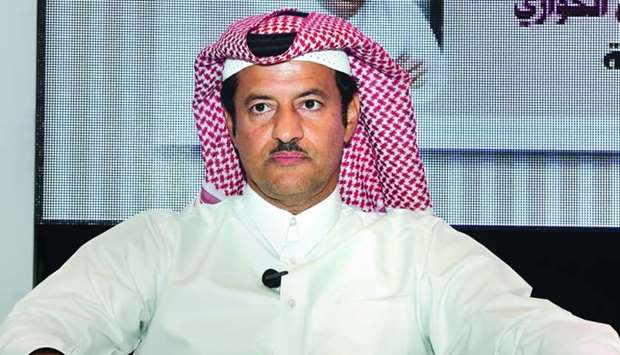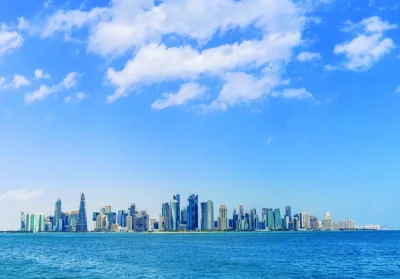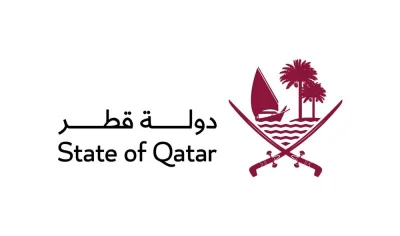Monetary policy expert Khalid Rashid al-Khater has said the economic blockade on Qatar has accelerated the pace not only for the diversification of the economy but also expedited the process for the country to become self reliant.
He was speaking at a seminar on “Qatar’s dignity and victory after nine months of siege” hosted by Gulf Times' sister Arabic daily Arrayah on Sunday evening at the Ritz-Carlton Doha.
"The Qatari economy has not only overcome the perils of blockade but it has also showed to the rest of the world that it could withstand any similar situation as it is neither agriculture-based nor exporting automobiles, medical equipment or food products," he told the event moderated by Arrayah Editor in Chief Saleh bin Afsan al-Afsan al-Kuwari on Sunday.
Maintaining that Qatar has solid reserves of gas and oil, al-khater said the country’s economic structure is perhaps the best in the Gulf region.
“Gas exports have not been affected as the blockading countries could not close the country’s maritime borders,” said the economic expert while adding that the blockading countries’ moves to target Qatar currency have hit their own currencies.
Al-Khater said Qatar's gas sector is at its best and it is one of the top exporters of the LNG these days. “Qatar has the highest percentage of reserves of the liquefied gas,” he said. But the country is not sitting on its strength in hydro-carbons and has spent substantially to diverse its economy. What could not be achieved in even five decades is now moving fast and a number of new industrial ventures are coming up in the country now.
New investments are coming in such areas as steel and petrochemicals and the process of diversification is getting faster than before, he said.
While there was a 4% increase in the overall food prices at the time of the beginning of the blockade, it has now come down to normal levels, said al-Khater while recalling that Saudi Arabia’s decision to close the land border with Qatar has hit only its own exports as Qatar has found other ways to source materials from elsewhere and using other channels for bringing goods.
The huge investments made to develop Hamad International Airport, Hamad Port and Logistics City have come handy now as each of them is contributing considerably to help importers and goods movement to the country is continuing as usual.
Such essentials as milk, dairy products and similar edible items are now sourced from such destinations as Iran, Turkey, India and Pakistan in adequate quantities and Qatar is also expanding its facilities to increase the local availability, said al-Khater while reminding that a number of small industries to boost the country’s manufacturing sector have also come up in recent months.
There has been no adverse effect on the infrastructural development works happening anywhere in the country and this itself stands testimony to the fact that Qatar's economy is in good shape.
The economist maintained that Qatar has huge financial reserves and the policies maintained by the Qatar Central Bank has helped the country overcome any difficulties that would have otherwise occurred on account of the economic blockade. He said the pegging of riyal to dollar has provided adequate security to the local currency.
Al-Khater also recalled that even during the world economic slowdown of 2008 and the subsequent years, Qatar's economy had shaped well and all attempts made by the blockading nations to launch an economic war on Qatar has failed. “All their efforts to economically strangulate Qatar have failed,” he said.
The blockading nations had imposed restrictions on some Qataris from withdrawing their money from banks in those countries and many such violations were reported from there, he said while informing that Qatar injected more than QR23bn during Ramadan last year to keep its economy intact in the wake of blockade.



